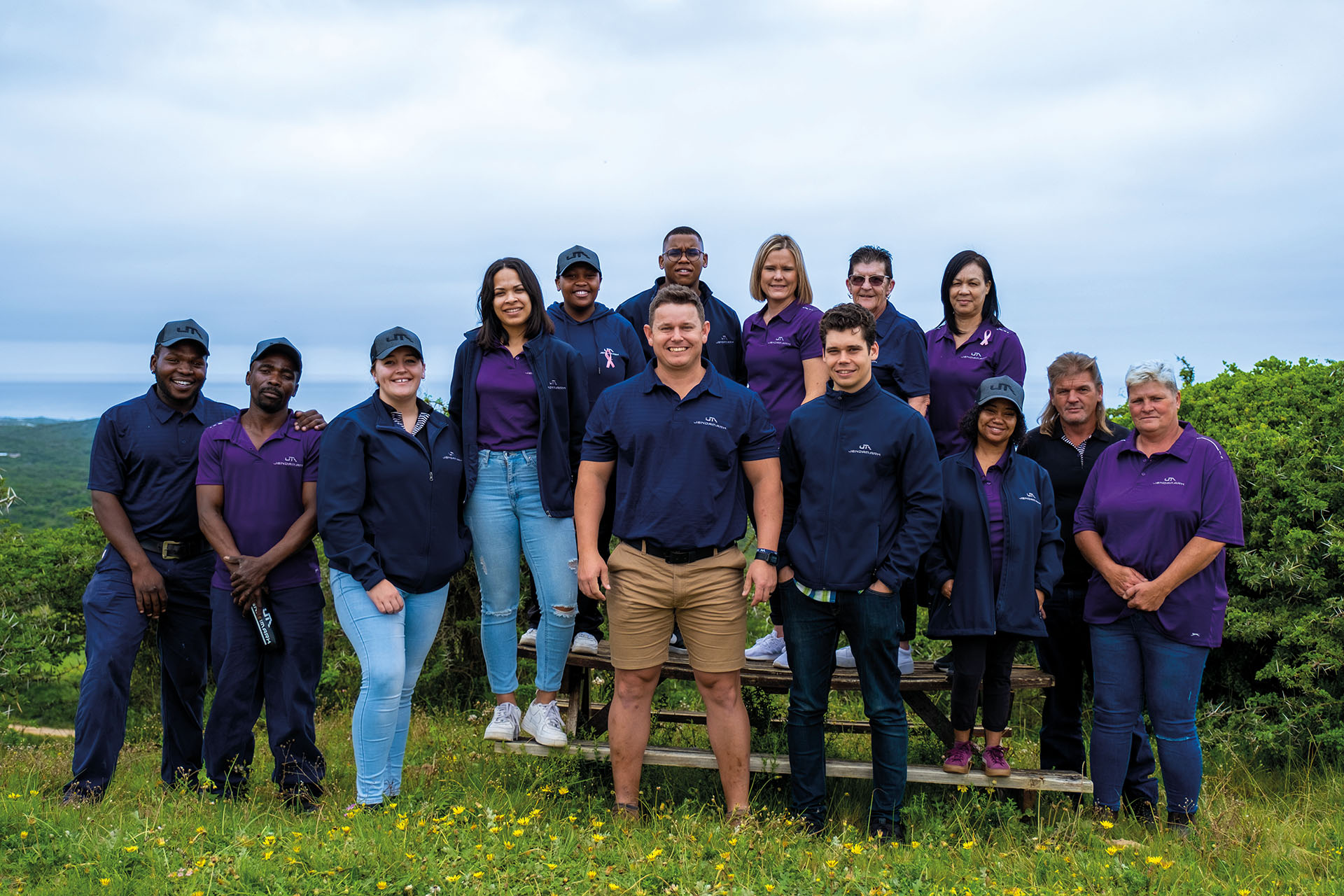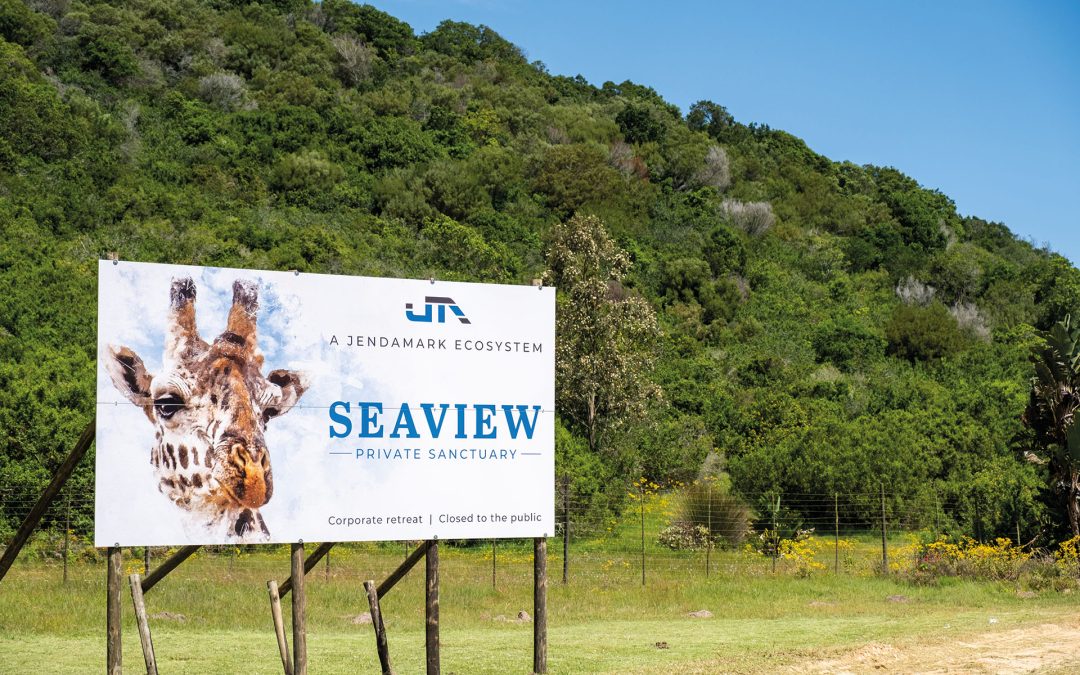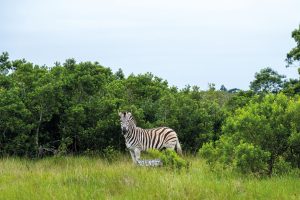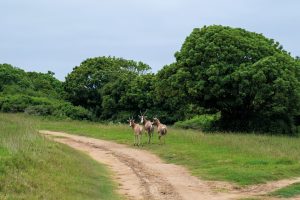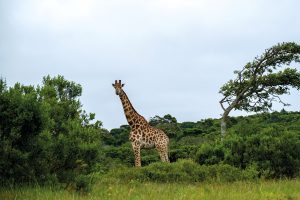While Jendamark applies ecosystem thinking to the development of all our manufacturing technologies, we recently invested in an ecosystem of a different sort in our quest to be the employer of choice.
In October, Jendamark Automation announced an investment in conservation which will transform one of Nelson Mandela Bay’s most controversial game parks into a private sanctuary that aims to restore biodiversity and promote wildlife education.
The company purchased the 120-hectare Seaview Predator Park with the intention to develop it into a conservation and rehabilitation centre that will create jobs and act as an outdoor retreat for Jendamark employees, customers, and community groups.
Wildlife sanctuary
According to operations director Siegfried Lokotsch, Seaview Private Sanctuary, as it is now known, is not a commercial tourism venture and will not be open to the general public.
“However, once we are up and running, any educational or community upliftment programme will be welcome to apply to visit our facility free of charge. We want to give back to our community and educate people about the importance of protecting our wildlife.”
Lokotsch says the company is in the process of developing a long-term veld and game management plan in consultation with a wildlife veterinarian and environmental specialist.
“We want to understand the biodiversity and do the right thing ecologically in terms of the species that we introduce, the indigenous vegetation and the carrying capacity of the land.
“Currently, we have several free-ranging species such as various buck, giraffe, and zebra. There are no animals in cages and no dangerous game. All the big cats for which the park was previously known have been rehomed by the former owners.”
Development plans
With water for the animals being scarce, rainwater tanks have been installed and a borehole will be sunk to access a steady groundwater supply.
Lokotsch says the first phase of redevelopment will be completed within the next six to 12 months, beginning with high-security electrified fencing to keep out poachers, and keep animals and visitors safe.
The existing facilities, including the restaurant, log cabins, camp sites, ablution blocks and braai areas, will also be upgraded.
“Our vision is to have mountain biking and walking trails criss-crossing the property, so that it becomes a very special outdoor recreational centre that allows people to have close encounters with our incredible wildlife,” says Lokotsch.
“In the next two years, we aim to create 30 to 50 jobs in the local community, assisting with trail building and the removal of alien invasive species such as black wattle, which we will help them bag and sell as braai wood for additional income.”
Sustainable growth
He says the new investment aligns with the company’s existing sustainability efforts, such as the rooftop solar energy plant powering Jendamark’s Gqeberha manufacturing facility. In addition, aspects of Jendamark’s core business are having a positive environmental impact, such as the development of assembly solutions for electric vehicle power packs, as well as catalytic converters, which reduce harmful exhaust emissions.
“What we’ve realised as a tech business is that attracting and retaining specialised skills involves more than money,” adds Lokotsch.
“For the new generation of tech talent, shared values and wellness incentives are just as important as above-market salaries. So, we are constantly thinking of new and authentic ways to be a good corporate citizen and the employer of choice.”
